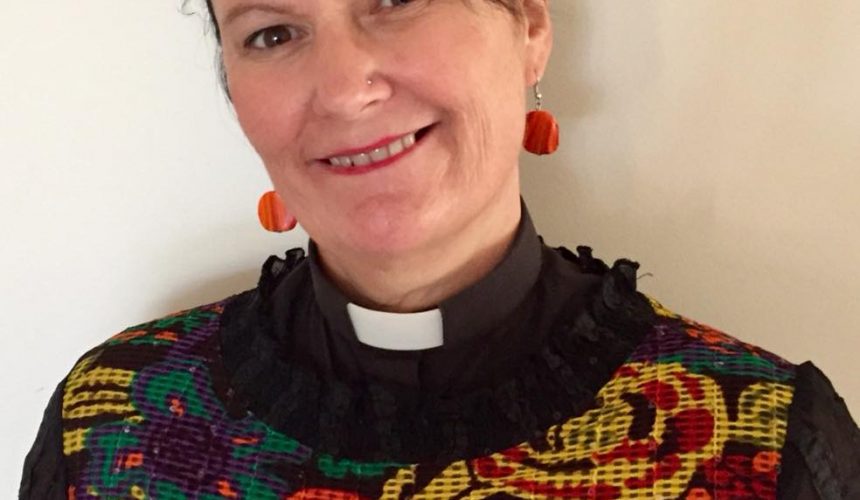Lord of Light, shine upon these words the very truth of your being, that we may read and be brought into deeper relationship with you. Amen.
Ruth 3:1-5, 4:13-17. Naomi instructs Ruth to approach Boaz, which she does. Boaz takes Ruth to be his wife, and she bears a son called Obed – David’s grandfather.
Psalm 127. A psalm celebrating God’s protection and provision, and the gift of children.
Hebrews 9:23-28. Christ entered into heaven, offering himself once as the sacrifice for human sin. Then, he will appear a second time to save those who wait for him.
Mark 12:38-44. Jesus warns against the legal experts who seek honour, and who cheat poor widows and show off with long prayers. Then he comments on a poor widow who places a small offering in the collection box, saying that she has put in more than anyone else, because she has given out of her poverty.
The Reverend Tania writes,
What does faith look like? How does faith connect to power and wealth? What part do we play as we seek to trust in God? These are some of the questions that are evoked by the Lectionary readings for this week. They challenge our alliances, our use of our resources, our care for the most vulnerable in our world, and the extent to which we are willing to “gamble” all on God’s Reign.
The Scriptures for this week all examine the dynamics between those who are powerful from a human perspective and those who are poor and weak, but who trust in God. Ruth, who is poor and vulnerable finds protection and acceptance from the wealthy but good Boaz. Psalm 127 celebrates God’s protection and provision, and the gift of children.
In Hebrews, Christ is shown as both priest and sacrifice, who offers himself in order to save his people, while, in Mark, the religious leaders, who should be sacrificing for the sake of others, are rather using their position for self-aggrandisement and corruption.
Can you imagine coming to worship as a widow who is ready to give her last dime for the sake of the cross? Imagine the cost of her devotion. Today is about honouring the sacrifice of both the widow and her saviour, along with the sacrifice of our service men and women. Our themes from scripture include: accepting the values of God’s kingdom; releasing the grasp of our culture; learning to give out of our abundance; and nourishing our souls with the hope that comes from God, through crying out in honest, searching prayer. The psalmist in particular reminds us that all human activity has no value outside of God’s economy — be it the securing of housing, the protection of cities, or providing for families. We can rest in these assurances: God builds, God protects, God provides.
Prayerfully, Rev. Tania.

